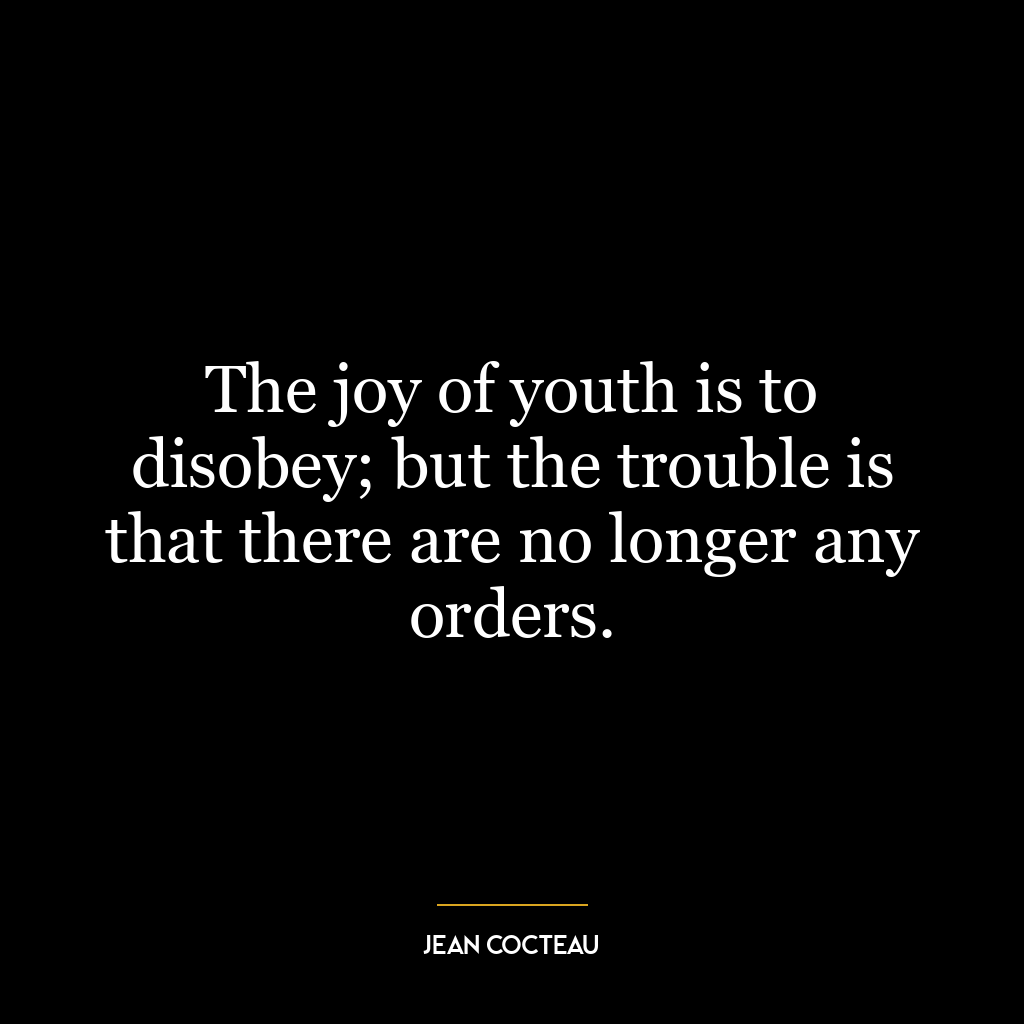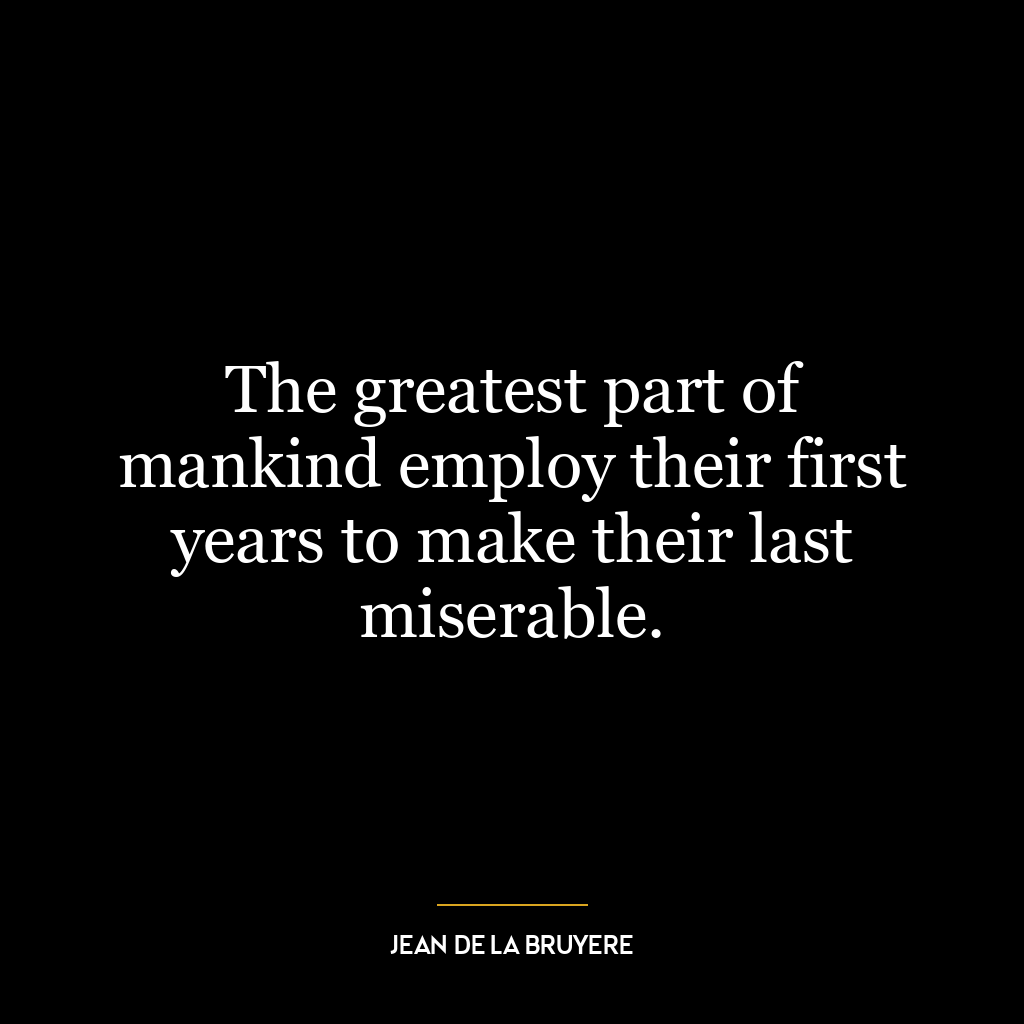This quote is essentially a commentary on the potential dangers of both youthful impulsivity and aged conservatism. The ‘heat of youth’ refers to the passionate, impulsive, and sometimes reckless behavior associated with young people, often driven by a desire to experience life fully, without necessarily considering the consequences. This ‘heat’ can lead to risky decisions, hence it is ‘opposed to safety.’
On the other hand, the ‘coldness of age’ refers to the caution, reservation, and sometimes rigid conservatism that’s often associated with older people. This ‘coldness’ can lead to an avoidance of risk and change, stifling growth, innovation, and adaptation, which in itself is a different kind of danger. Hence, both extremes are ‘opposed to safety,’ albeit in different ways.
Applying this idea to today’s world, we can see the ‘heat of youth’ in the various social, political, and environmental movements led by young people. These movements often push for radical change, which can be risky but also necessary for progress. Meanwhile, the ‘coldness of age’ can be seen in the resistance to these changes, often rooted in a desire to maintain the status quo and avoid risk. This resistance can be dangerous as it may prevent society from adapting to new challenges and evolving for the better.
In terms of personal development, this quote suggests the importance of balance. It warns against the dangers of being too impulsive or too cautious. To grow and evolve, one must be willing to take calculated risks and embrace change, but also to consider the potential consequences and act responsibly. It’s about finding a balance between the passionate ‘heat’ of youth and the wise ‘coldness’ of age.










